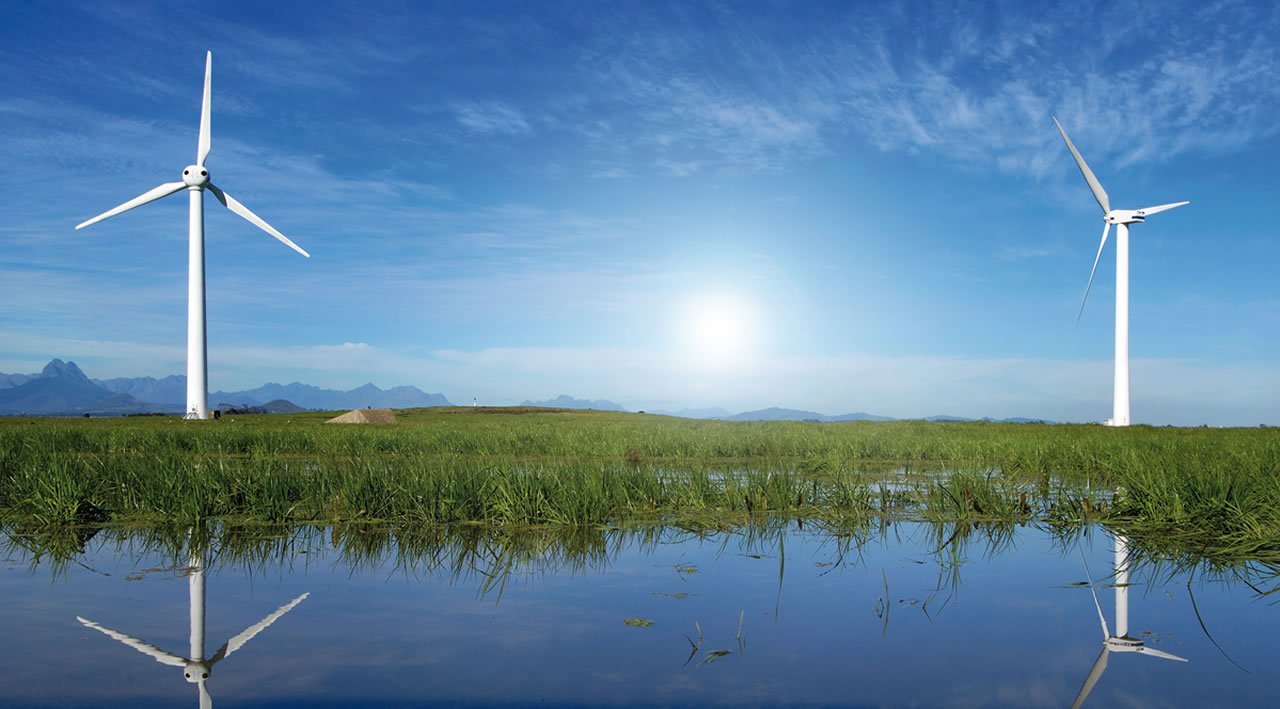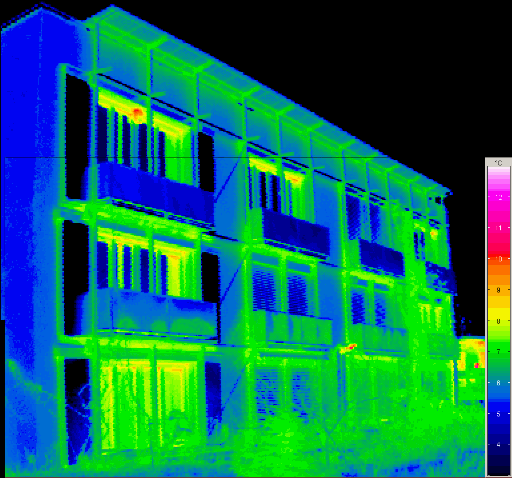Energy Efficiency and Energy Audits
In 1997, a treaty regarding the problems of global warming and related climate change was signed in the Japanese city of Kyoto.
The Kyoto Protocol, which came into force in 2005, forces State Parties to reduce pollutants emissions (in particular greenhouse gases). Since then, the debate concerning “Energy Efficiency” as the most effective instrument to decrease emissions into the atmosphere without affecting the high standard of quality of life in industrialized countries, has gained more and more importance. In fact Energy Efficiency permits to reach Kyoto objectives by reducing energy waste and promoting responsible energy use.

Therefore the definition of Energy Efficiency of a system can be expressed as the ability of the system itself to harness provided energy to achieve a desired result; the lower the consumption related to the fulfillment of a specific requirement, the higher the system Energy Efficiency.
Energy Audits represent one of the key components within a program of Energy Efficiency. A well conducted Energy Audit allows a detailed knowledge of modalities and quantities of energy consumption, thus defining energy wasting processes or procedures and determining suitable efficiency measures.

Ultimately, an Energy Audit constitutes the starting point of Energy Efficiency programs, whose goal is to optimize and rationalize the use of the different energy sources in order to minimize environmental impacts resulting, also, in considerable cost savings.
Objectives of the work
Since the early stages of preliminary analysis up to the achievement of economic incentives related to efficiency measures, VDP provides full support to its Clients in the implementation of Energy Audits and subsequent interventions of Energy Efficiency (e.g. White Certificates).

The main strength of a well-executed energy efficiency project is based on the accurate calibration of the proposed actions from a cost/benefit point of view. This allows the combination of energy waste reduction with the consequential cost savings.
Therefore, the ultimate goal is to design and implement Energy Efficiency interventions in order to reduce the cause of the energy waste, found out during the Energy Audit procedure, and to obtain important economic savings related to the achieved lower energy consumption. These savings have to occur in a relatively brief time span in order to justify the interventions.
Offered services
VDP offers a wide range of services focused on obtaining Energy Efficiency and subsequent cost savings. These services can be applied, for example, at production processes, transport infrastructures, industrial plants, offices and buildings.
Each service carries out a specific study regarding one of the constituent elements characterizing the whole process of energy efficiency. The principal convenience is achieved by integrating different but appropriate services, in relation to the system complexities and Client necessities, and implementing a customized solution able to generate the best possible results in terms of cost / benefit analysis.

The main services offered by the company in the field of Energy Efficiency are listed below:
• Energy Audits;
• Thermographic Analysis (civil and electrical sectors, and process analysis);
• Energy performance certificates of buildings ;
• Energy Analysis on Production Plants;
• Complex studies on light technique involving LED technology;
• Design of Renewable Energy Plants.
The greatest strength of Energy Efficiency interventions is undoubtedly the immediate savings generated by the implementation of the proposed measures.
The services offered by VDP, who operates alongside its Clients, aim to minimize the consumption of the main energy sources, optimizing the energy use in the production/management processes.